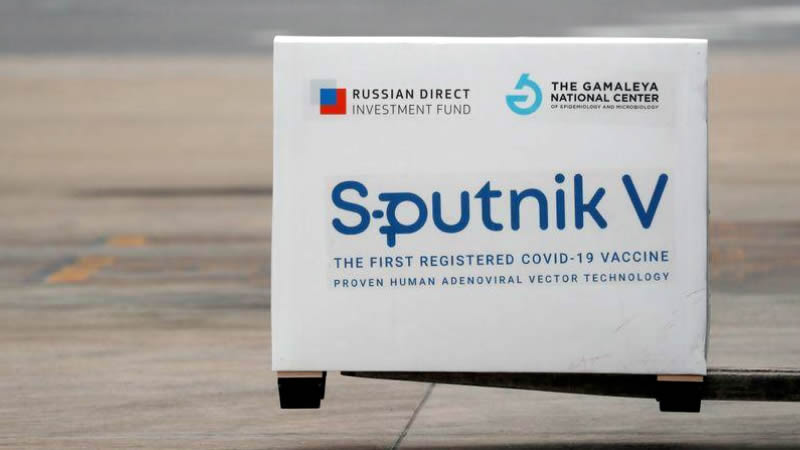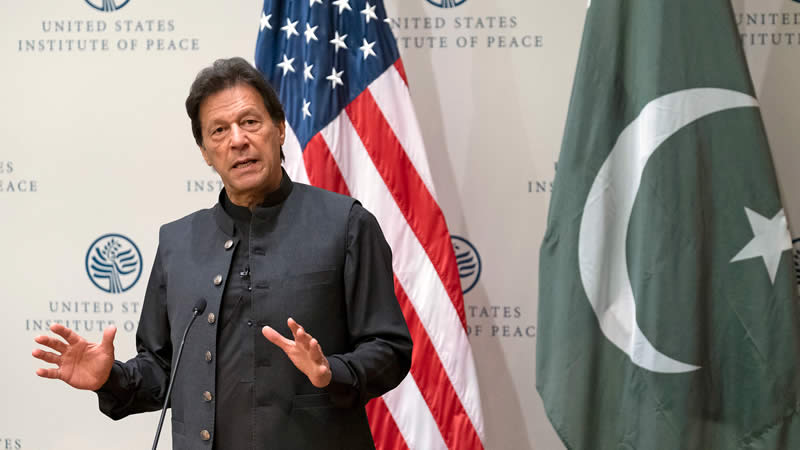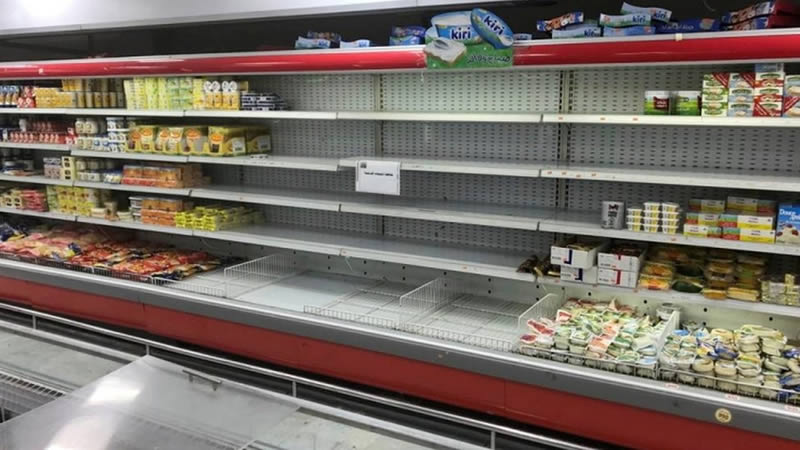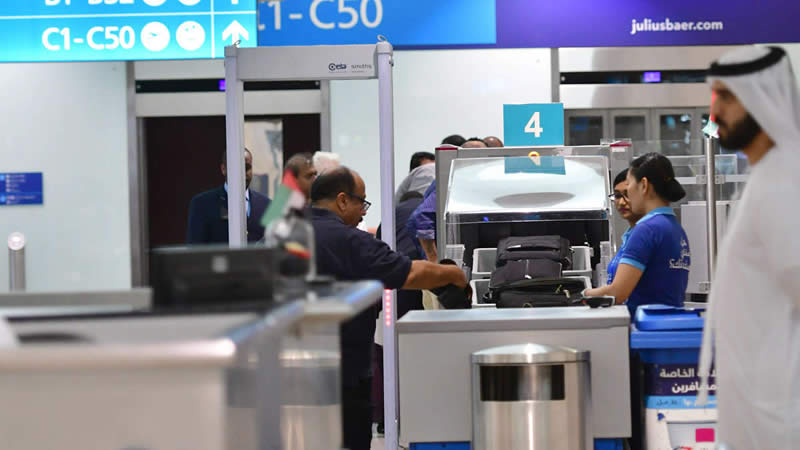SBP’s analysis of economy hints near term easing is not on cards: SBP sees “real risk of reversal in Pakistan’s external sector’s performance” going forward while pointing towards a discouraging outlook on inflation as inflationary expectations seems “to have become ingrained in the recent months”. With PKR2.9tn domestic debt to be rolled over at least once in FY12, “any surge in credit demand from other sectors of the economy could elevate rollover risk, and could expose the govt. to interest rate risk”. We continue to believe near term easing is unlikely in such a scenario.
Key matrices for SBP remain external account and extent of deficit monetization: “Comfort from the external account together with broadly contained government borrowing from the central bank allowed SBP to hold policy rate at 14% for the last three MPS”, “a shift when compared to cumulative increase of 150bps implemented during 1HFY11. For effective monetary management, maintaining government borrowings from SBP at end-September 2010 levels will be critical.” High borrowing needs of GoP leaves little room for any increase in credit demand from the private sector as it could push up interest rates or drive GoP to seek higher borrowing from SBP.
Concerns over core inflation, fiscal and external account would likely override the fall in 1HFY12 headline inflation: While we expect single digit CPI inflation during Sep-11 to Nov-11, assuming 1% MoM CPI uptick Jul-11 onwards, CPI inflation would likely revert back to 13% by Feb-12. We believe such a short term dip in headline CPI would be insufficient to warrant monetary easing, unless fiscal front shows improvements and external account risk subsides.
SBP’s analysis of economy hints near term easing is not on cards
We believe the recently released SBP’s 3QFY11 report on “State of Economy” hints towards likely continuation of the current monetary stance, while also highlighting potential risk that the economy faces while entering FY12. We believe SBPs analysis has a leaning towards an even tighter monetary stance in case the risks facing the economy actually materialize. We believe near term easing is unlikely in such a scenario as:
1. SBP sees “real risk of reversal in Pakistan’s external sector’s performance” going forward due to a) potential unwinding of price gains on textile exports amid falling cotton prices, while quantitative growth in export seems unlikely given weak global economic outlook, b) possible increase in oil import bill due to higher oil prices and c) unpredictable nature of remittances’ trend.
2. SBP points towards a discouraging outlook on inflation as inflationary expectations seem “to have become ingrained in the recent months”. While headline inflation has come off from the highs made post floods during Sep-10 to Dec-10, core inflation measures have been rising since Feb-11, indicating price pressures have spilled over from food and fuel to other items and inflation is now broad based.
3. High Govt reliance on the banking system to fund fiscal deficits leaves little room for private sector credit expansion. Nearly PKR2.9tn or 51% of domestic debt has maturity of less than one year and thus need to be rolled over at least once in FY12. Hence “any surge in credit demand from other sectors of the economy could elevate rollover risk, and could expose the govt. to interest rate risk”.
Key matrices for SBP remain external account and extent of deficit monetization
SBP highlights that “comfort from the external account together with broadly contained government borrowing from the central bank allowed SBP to hold policy rate at 14% for the last three MPS”, which it considers as “a shift when compared to cumulative increase of 150bps implemented during 1HFY11. SBP couldn’t have been clearer that for effective monetary management, maintaining government borrowings from SBP at end-September 2010 levels will be critical.” Recent GoP borrowing figures (25th June, 2011) from SBP reflects an increase of PKR157bn so far in FY11, taking the total stock to PKR1,329bn. While the figure only marginally exceeds end Sep-10 stock of PKR1,290bn, it required PKR561bn in additional borrowing from the commercial banks so far in FY11, which was possible only as a result of timid private sector credit demand. Seasonal pickup in credit demand during the end of 1H would likely increase GoP’s borrowing from SBP, thus offsetting the cushion from likely lower headline inflation in 1HFY12. High borrowing needs of GoP leaves little room for any potential increase credit demand from the private sector due to monetary easing as it could push up interest rates or drive GoP to seek higher borrowing from SBP, which is inflationary itself. As productive capacity remains constrained due to scarce energy availability, any increase in aggregate demand could translate into demand pull inflationary pressures while also burdening the external account through higher imports.
Concerns over core inflation, fiscal account and external account would likely override the fall in 1HFY12 headline inflation
Core inflation measures have been rising since Feb-11. While high base effect of post flood inflation spike during Sep-10 to Nov-10 would likely yield a single digit CPI during Sep-11 to Nov-11, assuming 1% MoM CPI uptick Jul-11 onwards, however, CPI inflation would likely revert back to 13% by Feb-12. We believe such a short term dip in headline CPI would be insufficient to warrant monetary easing, unless fiscal front shows improvements and external account risk subsides. To put things into perspective, discount rate remained 690bps higher than CPI inflation, on average basis, in times of high fiscal deficit (FY93-02).
Economic & Political News
Textile sector assured of 76mmcfd regular gas supply
The government has assured the regular supply of gas to the textile sector while the leather industry will also get regular supply of gas. The textile sector would get 76mmcfd gas supply on regular basis as the sector is getting gas supply for 4 days a week.
Gas tariff hike proposal: Ministry asked to seek Cabinet approval
Prime Minister Yousaf Raza Gilani has, reportedly, directed the Petroleum Ministry to seek consent of the Cabinet on the proposed natural gas tariff hike, ranging from 15 to 96%, to be notified from July 1, 2011.
Analyst Certification:
The research analyst(s) denoted AC on the cover of this report, primarily involved in the preparation of this report, certifies that (1) the views expressed in this report accurately reflect his/her personal views about all of the subject companies/securities and (2) no part of his/her compensation was, is or will be directly or indirectly related to the specific recommendations or views expressed in this report.
Disclaimer
The report has been prepared by Elixir Securities Pakistan (Pvt.) Ltd and is for information purpose only. The information and opinions contained herein have been compiled or arrived at based upon information obtained from sources, believed to be reliable and in good faith. Such information has not been independently verified and no guaranty, representation or warranty, expressed or implied is made as to its accuracy, completeness or correctness. All such information and opinions are subject to change without notice. Descriptions of any company or companies or their securities mentioned herein are not intended to be complete and this document is not, and should not be construed as, an offer, or solicitation of an offer, to buy or sell any securities or other financial instruments.
Research Dissemination Policy
Elixir Securities Pakistan (Pvt.) Ltd. endeavors to make all reasonable efforts to disseminate research to all eligible clients in a timely manner through either physical or electronic distribution such as mail, fax and/or email. Nevertheless, not all clients may receive the material at the same time.
Company Specific Disclosures
Elixir Securities Pakistan (Pvt.) Ltd. may, to the extent permissible by applicable law or regulation, use the above material, conclusions, research or analysis in which they are based before the material is disseminated to their customers. Elixir Securities Pakistan (Pvt.) Ltd., their respective directors, officers, representatives, employees and/or related persons may have a long or short position in any of the securities or other financial instruments mentioned or issuers described herein at any time and may make a purchase and/or sale, or offer to make a purchase and/or sale of any such securities or other financial instruments from time to time in the open market or otherwise. Elixir Securities Pakistan (Pvt.) Ltd. may make markets in securities or other financial instruments described in this publication, in securities of issuers described herein or in securities underlying or related to such securities. Elixir Securities Pakistan (Pvt.) Ltd. may have recently underwritten the securities of an issuer mentioned herein.
Other Important Disclosures
Foreign currency denominated securities is subject to exchange rate fluctuations which could have an adverse effect on their value or price, or the income derived from them. In addition, investors in securities such as ADRs, the values of which are influenced by foreign currencies effectively assume currency risk. Foreign currency denominated securities is subject to exchange rate fluctuations which could have an adverse effect on their value or price, or the income derived from them. In addition, investors in securities such as ADRs, the values of which are influenced by foreign currencies effectively assume currency risk.
Contributed By












